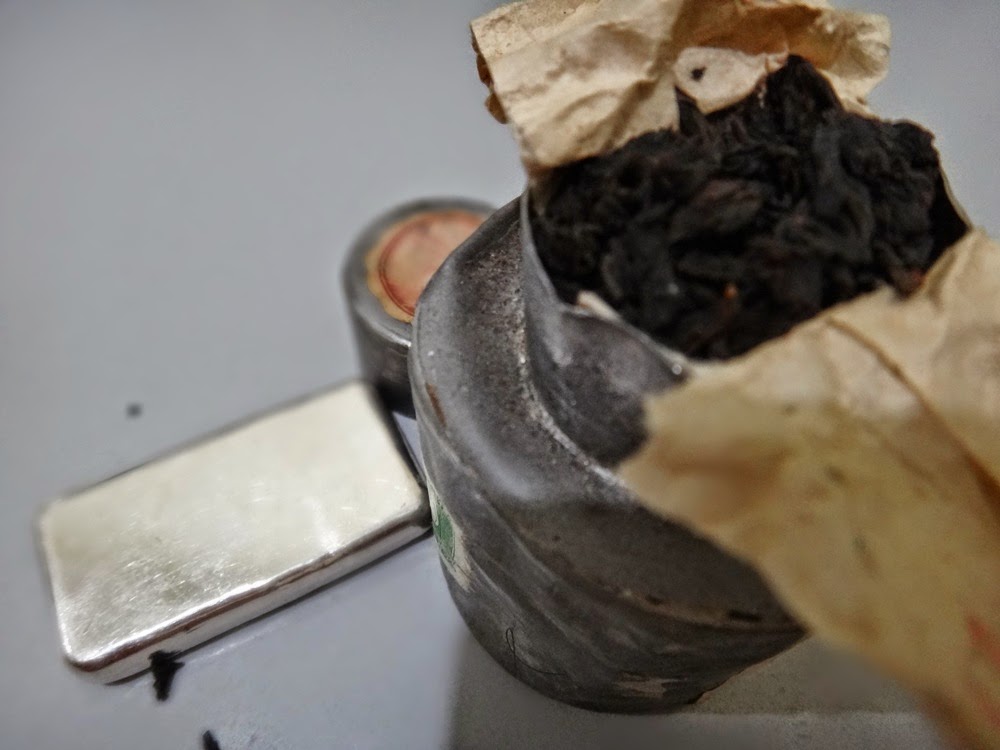Opium, Silver and Tea
The British government and the British traders profited in opium businesses before the destruction of its stocks in Guangzhou. Permissible within the ambit of United Nations, (Single Convention on Narcotic Drugs 1961), legal cultivation of opium for medicinal purposes is carried out only in selected areas in India.
There was a great thirst for tea, but tea was becoming unaffordable. Great fragrance tea was discovered when the leaves from a Camellia tree floated into the boiling pot and infused with the water. Emperor Shennong took a sip and found it refreshing.
In history, to fix the imbalance of trade, the British introduced opium to China but was prohibited by the Yongzheng Emperor. The import from China cost the British some 27m in silver while export was about 9m. The first war on opium was June 1840. In the name of free trade, thousands were killed. Today, you can see exhibits of statures of soldiers killed in wars at the Museum Of Opium War in Humen, Guangdong. Another exhibits of opium was is in the Maritime Museum in Greenwich.
Corrupted Court Officials were the major factors that caused defeat after defeat for the Chinese army and when the British troops advanced on Nanjing after the Wusong Fort in Shanghai, the Qing Court was forced to sign the humiliating " Treaty Of Nanking".
The flow of silver was reversed as there was an instant consumer market for the drug and under the terms of the treaty, a sum of 21 million silver dollars in reparations was to be paid by China. Five trading ports was made and there are Xiamen, Fuzhou, Ningbo, Shanghai and Guangzhou. And Hong Kong was ceded to Britain.
There was a great thirst for tea, but tea was becoming unaffordable. Great fragrance tea was discovered when the leaves from a Camellia tree floated into the boiling pot and infused with the water. Emperor Shennong took a sip and found it refreshing.
In history, to fix the imbalance of trade, the British introduced opium to China but was prohibited by the Yongzheng Emperor. The import from China cost the British some 27m in silver while export was about 9m. The first war on opium was June 1840. In the name of free trade, thousands were killed. Today, you can see exhibits of statures of soldiers killed in wars at the Museum Of Opium War in Humen, Guangdong. Another exhibits of opium was is in the Maritime Museum in Greenwich.
Corrupted Court Officials were the major factors that caused defeat after defeat for the Chinese army and when the British troops advanced on Nanjing after the Wusong Fort in Shanghai, the Qing Court was forced to sign the humiliating " Treaty Of Nanking".
The flow of silver was reversed as there was an instant consumer market for the drug and under the terms of the treaty, a sum of 21 million silver dollars in reparations was to be paid by China. Five trading ports was made and there are Xiamen, Fuzhou, Ningbo, Shanghai and Guangzhou. And Hong Kong was ceded to Britain.


Comments